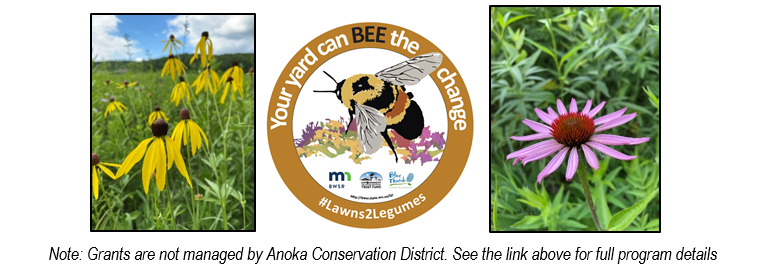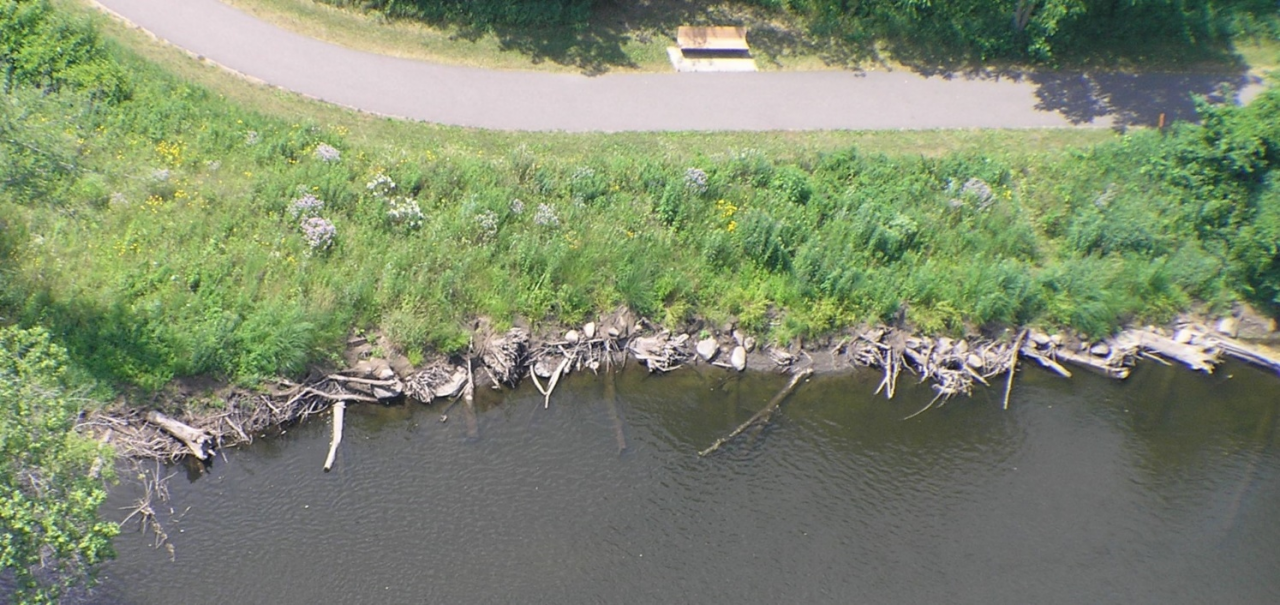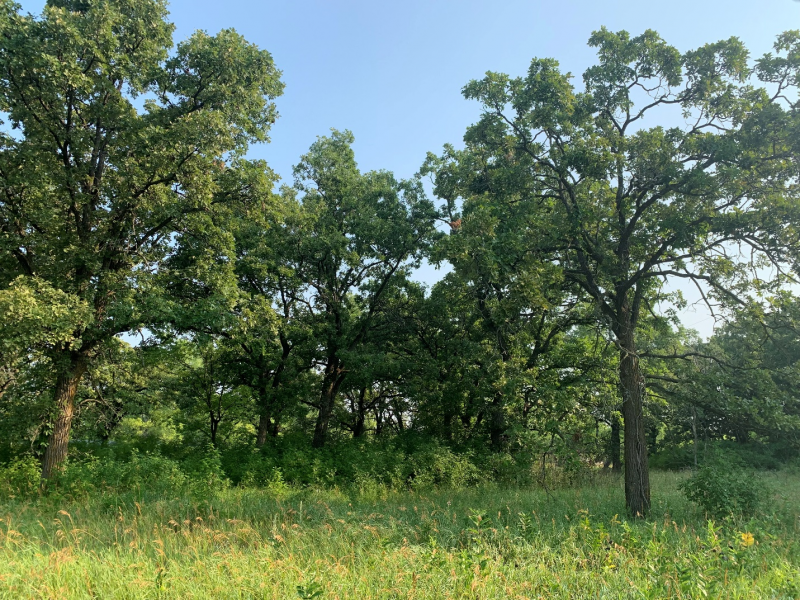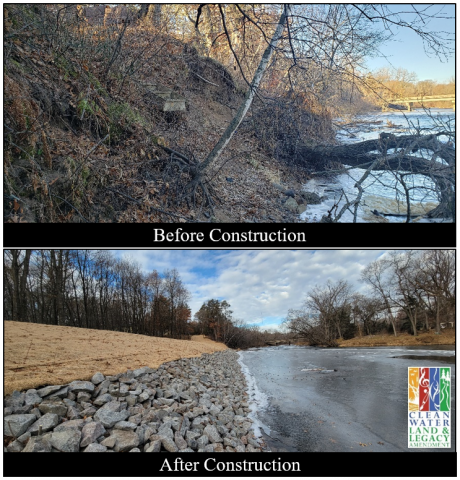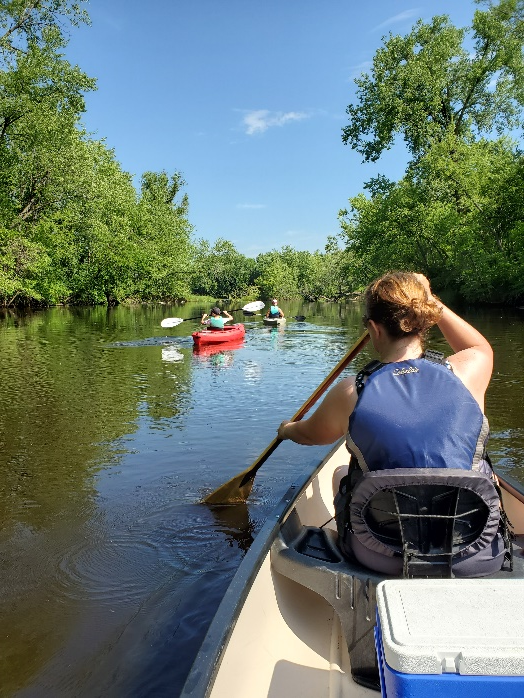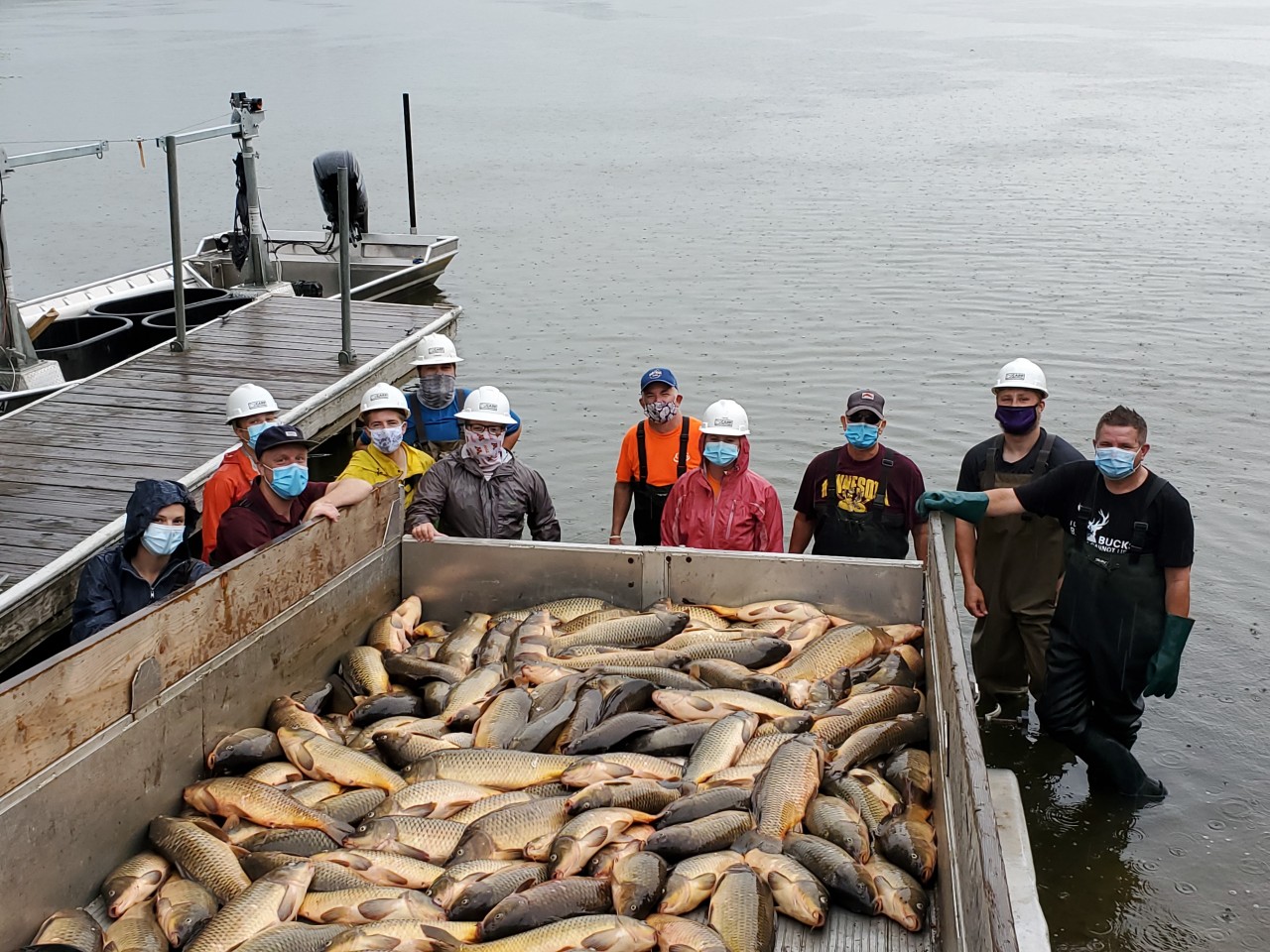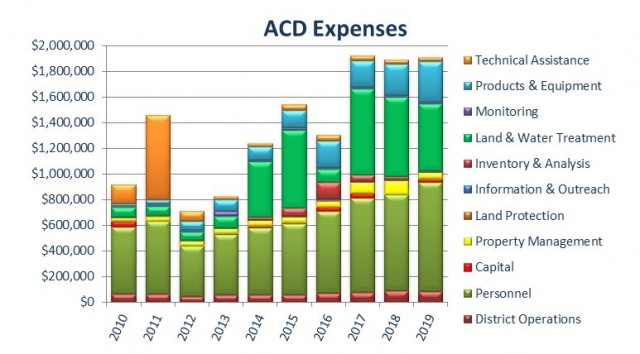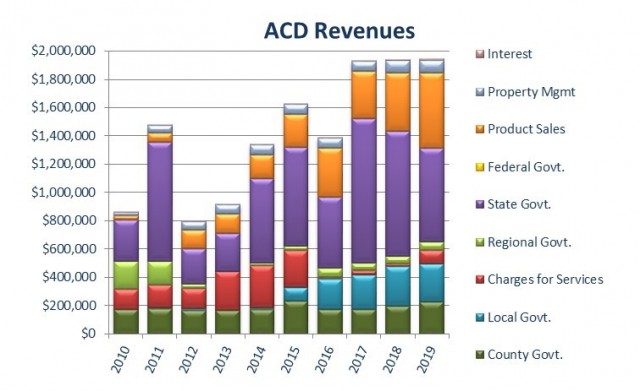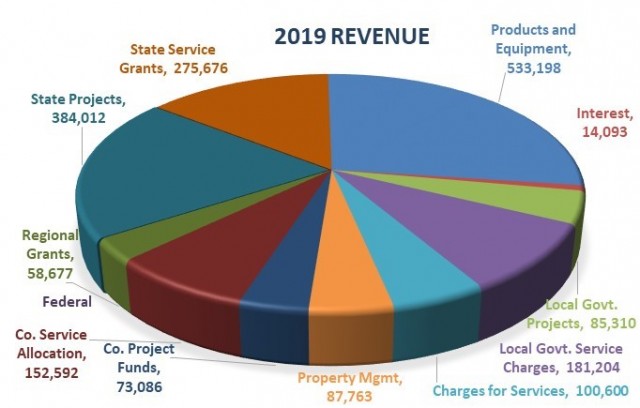We secure lots of grants at ACD. They are a mainstay of our funding; we do not levy taxes. For our water quality projects, grants are changing significantly with a recent program called Watershed Based Implementation Funding (WBIF). These recurring grants are providing the foundation for sustained, cohesive programs rather than a start-and-stop approach.
Historically, grants were competitive. And many still are. We complete a lengthy application process and our proposals are scored against others. The grant lasts a few years and is done. This continues to work well for many of our largest, stand-alone projects. In fact, ACD has applied for a half dozen of them in just the last few months.
New WBIF funding is not competitive, not awarded to one agency, recurs every two years, and the dollars go to a watershed area. Local agencies in that watershed collaborate together to decide how to best utilize the money. The watershed must have one or more locally- and state-approved plans to guide their decisions. Instead of competing against one another, local managers are collaboratively deciding on the projects with the best return on investment.
ACD hosted a Rum River metro-watershed WBIF grant for the last three years. The grant is closing and we're pleased to report on some outcomes that included 9 Lake George shoreline stabilizations; 1 Rum Riverbank stabilization; 6 rain gardens in the City of Anoka; 1 swale stabilization in St. Francis; subwatershed studies that identify and rank projects for Ford Brook, East Twin Lake, and Pickerel Lake; a bunch of water quality public outreach, and more. Additional Rum metro WBIF funds have been received in 2022 and 2024, and work is underway.
WBIF grants are for water quality improvements that are the mutual priorities of watershed managers. ACD continues to utilize a variety of grants for other types of projects, such as pollinator plantings, easements, habitat, and more. For more information contact, Watershed Projects Manager, Jamie Schurbon at


